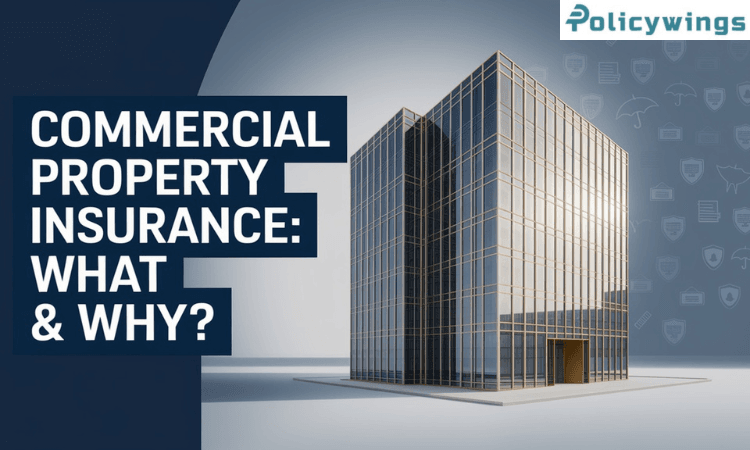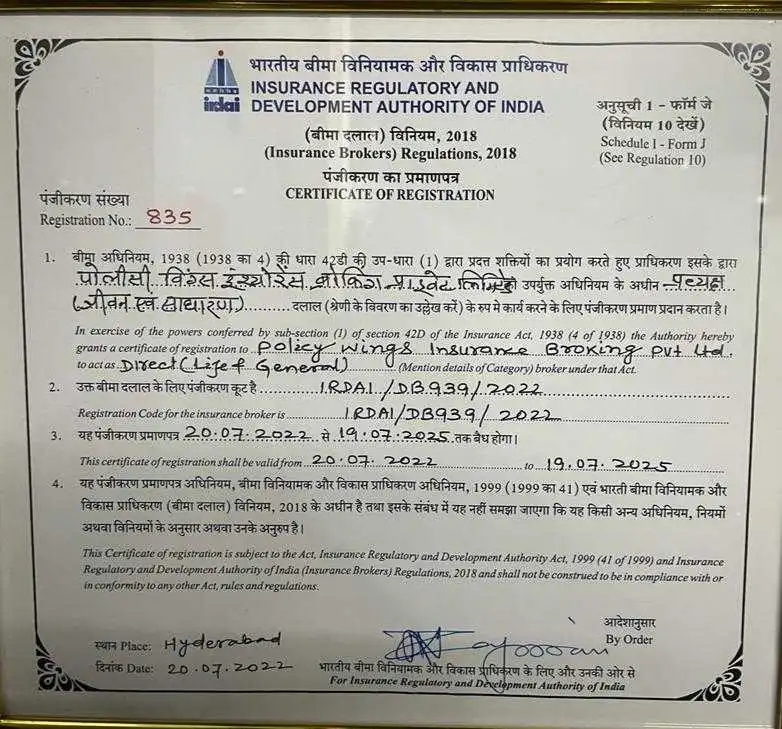How to Lower Your Commercial Insurance Premiums
Out of the various overheads businesses face, the most important one that helps safeguard most of the risks is commercial insurance. These include damage to property, liabilities of any sort, injuries to employees, and much more. Providing security that covers your assets and makes you eligible to meet business obligations if something untoward happens, this insurance becomes a heavy burden on the balance sheet. One good thing is that you don’t have to drop your commercial insurance coverage so that you can reduce your commercial insurance premiums. With a few strategies, you can lower costs without forsaking protection. Let’s discuss the best practices to lower commercial insurance costs without lowering their quality in this book.
- Periodical Review and Update of Coverage
One of the most straightforward ways to cut down on commercial insurance cost would involve reviewing policies from time to time. Businesses evolve and grow over the years to become wholesome or are forced to downsize or alter the shape that their activities take, which greatly impacts the coverage required.
You end up over-insuring some aspects of the business when downsizing or bringing in fewer employees. You save money by not paying for coverage that no longer applies over your business as you realign your insurance coverage with the immediate needs of your business.
Action Steps
- Annual review of your insurance
- Examine how you are changing your business operations with your agent or broker
- -Eliminate riders or coverage you don’t need from the policy.
- Group coverage with the same insurance company
One way in which some insurers might save you money is by bundling together different kinds of coverage within a single policy. The most common use of bundling is to combine general liability with either property or workers’ compensation. Bundling tends to make policy management easier and could quite often lead to some savings because most insurers want to be loyal to their customers; they wish to encourage them to become multi-policy customers and offer them some sort of discount on their premiums.
Actions
- Talk about your bundled policies with your agent in insurance
- Compare a bundle offer to an individual policy to identify savings
- Bundle policies should be sufficient enough for the coverage of your business Finally,
- Raise Your Deductible
Deductible refers to the amount that one needs to pay before making a claim. In general terms, the higher is the deductible level on the policy then more the insurance premium. The higher your deductible is going to be, the more you are going to pay for each and every future claim. That will make the company expose itself towards lesser risks and force them to lower down your monthly or annual premium.
But it’s a good thing to remember that you have money set aside to pay for the extra cost of the deductible if and when it is time to submit a claim. Being able to afford a higher deductible is not in your best interest if you do not have money in savings available to you at the time you will be submitting your claim to pay for the extra cost.
Action
- Take a look at what your current deductible is.
- Compare how much in premium savings you’d receive with higher deductible options.
- You should have an emergency fund in case you need to claim in future due to deductibles.
- Carry Out Risk Management and Safety Measures
You would want to consider the fact that sometimes, insurance premiums are a function of how risk-prone your business seems to the insurers. The lesser you do in reduction of risk, the lesser the likely, your insurer is going to reward with lower premiums. For example, safety nets will minimize your chances of having accident, theft or even damage; therefore it will significantly minimize your cost on insurance.
This would ensure organizations with employees have a much safer working environment. This way, even conditions of working injuries can be worked upon to being totally eradicated; such incidents influence the comp premium risk of the workers.
Installation of security systems, fire suppression systems, and cybersecurity measures reduce your overall profile for risk.
Steps to Action
- -Risk Assessment and Safety Measures End
- Install Security Systems (alarms, cameras, etc.) and Fire Suppression Systems
- Train your staff on the issue of safety from time to time
- Invest in cybersecurity especially when your business has sensitive information to handle
- Improve Your Business Credit Rating Business
How much will it cost: You will pay less on your commercial insurance premiums if you have a good credit rating score for business. The underwriter identifies businesses with a bright credit rating as risk-free because most such businesses will be paying premiums in time, and running them will be stable as well. What does it all amount to? If your business has a low credit rating score, you will have to dig deeper into your pocket and pay more on the premiums.
Care for the bills and responsible interaction with the debt. The debt will improve your business credit score, and you’ll probably attract a better insurer that would reduce the premiums that you might face.
Action steps:
- Business Credit Score
- Bill payments and premiums
- Pay off the debt as much as possible
- Low levels of credit utilization
- Shop Around for Quote
Premiums and discounts differ from one insurance company to another. Advise that one goes around the companies to search for quotes then compare the quotes. Sometime following the price prices charged by others may save you much money. Price war is no option with faithful clients sometimes you must change a provider since you feel that another will sell you at better value.
Review coverage from a “best value based on dollar coverage” standpoint rather than trying to find the least expensive.
You want low-cost premiums, but you also want assurance coverage exists for your business.
Action items
Get quotes from three different insurance providers and consider hiring an insurance broker to help compare work. Compare coverage options with premium cost.
### 7. **Join a Trade or Professional Association**
Some professional associations offer group insurance coverage to members, which is normally less expensive than individual policies. It can be very customized group policies tailor-made specifically for the business needs in your field of operation and can be very comprehensive at a relatively small cost for the premiums. You can save a lot of money if you become a member, and this really holds true for small businesses.
- Review your professional or trade associations in your business field
- Find out if the association has group coverage
- Compare the rate of the group coverage against your current rate
- Keep your claims history clean
The ones that make fewer claims appear to stand better to the insurance company. This puts it in the face of the insurance company that your business runs on a risk. That is, this attracts higher rates in return. This is drenched by ensuring your workplace risk-free, and also proper risk management will drench it. In this way, you will avoid frequent claims and remain in a good standing with the insurers.
Activities
- Bring down the risk to avoid the incidence of occurrence.
- For low-value claims, you would still rather process it in-house so that your premium goes up not necessarily proportional to the number of docketed cases.
- You would even want to spend on training and preventive measures that would help you bring down potential claims.
Conclusion
Commercial insurance premium cutting is thus money-saving while managing risks and coverage in prudent ways that make your business as secure as possible without overpayment. Of course, among the best ways of saving on premiums is review and adjustment of coverage, safety measures, and shopping around for competitive quotes. This makes it easier to be proactive in decisions towards finding a way of striking just the right balance between affordable insurance and adequate protection of your business in such a way that more of your resources can be placed into growing the business.








